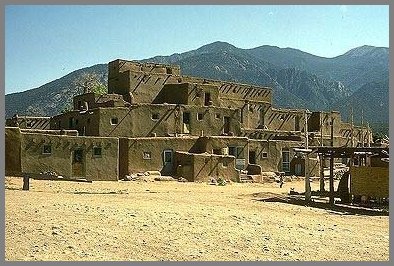In America, there is this overwhelming need to acquire things, be they material and non-material, as quickly as possible no matter what the cost in terms of dollars (and blood). That the Sedona sweat lodge participants shelled out so much money with the shadowy objective of almost instantly achieving what basically amounts to a sense of enhanced spirituality comes as no real surprise to me. Why could they not take the time to seek out actual Indian people to "sweat" with, rather than to leap lemming-like into some phony's quasi-religious top hat? I have known numerous non-Indians over the years who have sought out and cultivated true and lasting alliances with real Indians who performed (real) traditional sweats (per all of the appropriate protocols). That these special alliances may have taken years to develop says it all: that in essence, the practice of Indian spiritual ways is a long-term and cumulatively oriented "process," if you will, that simply cannot be charged to one's Visa.
Secondly, as an Indian person who has functioned almost all of his life well within the realm of the off-reservation world (meaning that I've been "the only Indian" in so many situations involving employment, education and just life in general in these United States)--I can honestly state that most non-Indians, primarily whites, do not want to associate with Indians at all. In those areas of the U.S. where there are significant numbers of Indian people, e.g., South Dakota, North Dakota, Minnesota, Montana, et al., a lot of whites do not like to physically touch us in the act of handing us our change at the check-out stand or to even shake hands with us. Out of all of the minority groups of color in this country, we are treated as India's untouchables in so many circumstances.
The so-called "dominant culture" is greatly conflicted vis a vis the American Indian so much so that they occupy a brutally nightmarish, cultural dead zone; they either hate us (with the worst of that hatred to be found in Rapid City, Bemidji and Farmington as previously noted) or they patronize us (a la legions of New Age devotees), with a pathetic absence of any sort of humane middle ground. A certain distance and even greater disconnect characterizes the contemporary status quo between white and tribal America that has manifested all sorts of social dysfunction, the Sedona incident being perhaps the latest and best example.
To restate your view, the sweat lodge tragedy shows the American predilection for quick fixes and instant gratification. "I'm not feeling well...give me a pill or a sweat lodge for my malaise...money is no object...gotta run...I'm overdue to meet my nanny, personal assistant, beautician, personal trainer, and life coach."
The sweat lodge tragedy also shows the American disdain for anything real and authentic--such as real, authentic Native peoples and cultures. Living a traditional Native lifestyle--in harmony with nature, not acquiring or wasting material goods, thinking of the community rather than oneself--is antithetical to many Americans. They'd rather write a check, take a pill, or attend a sweat lodge and pretend that's enough to cure their problems.
For more on the sweat lodge tragedy, see Giago: Native Religions Don't Work and Oprah Promoted Sweat Lodge Killer. For more on America's values, see A Shining City on a Hill: What Americans Believe and America's Cultural Mindset.
P.S. For those too dumb to get it, the above comments are generalizations. By definition, they refer to many Americans, not all Americans.



1 comment:
"Living a traditional Native lifestyle--in harmony with nature, not acquiring or wasting material goods, thinking of the community rather than oneself--is antithetical to many Americans"
That in itself seems like a bit of a generalization. The New Agey wannabes would nod at it, without question.
Post a Comment